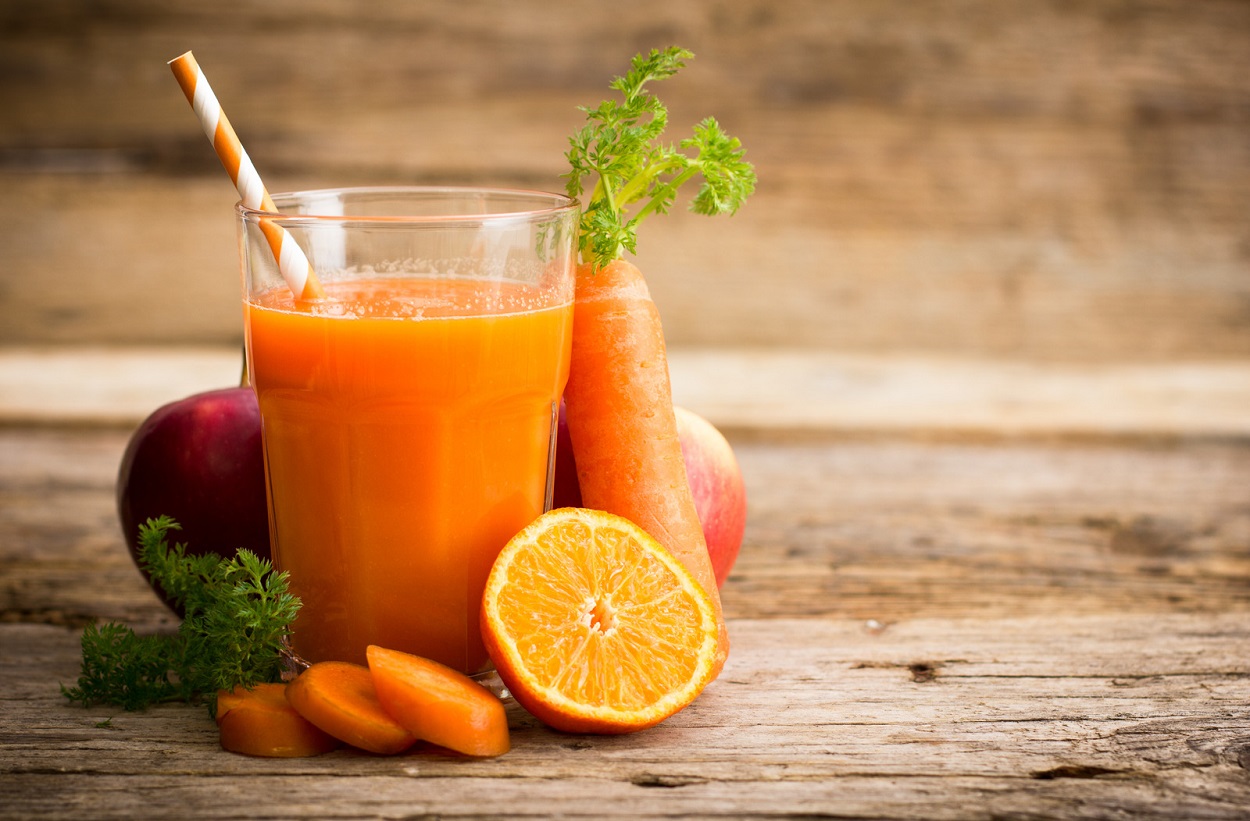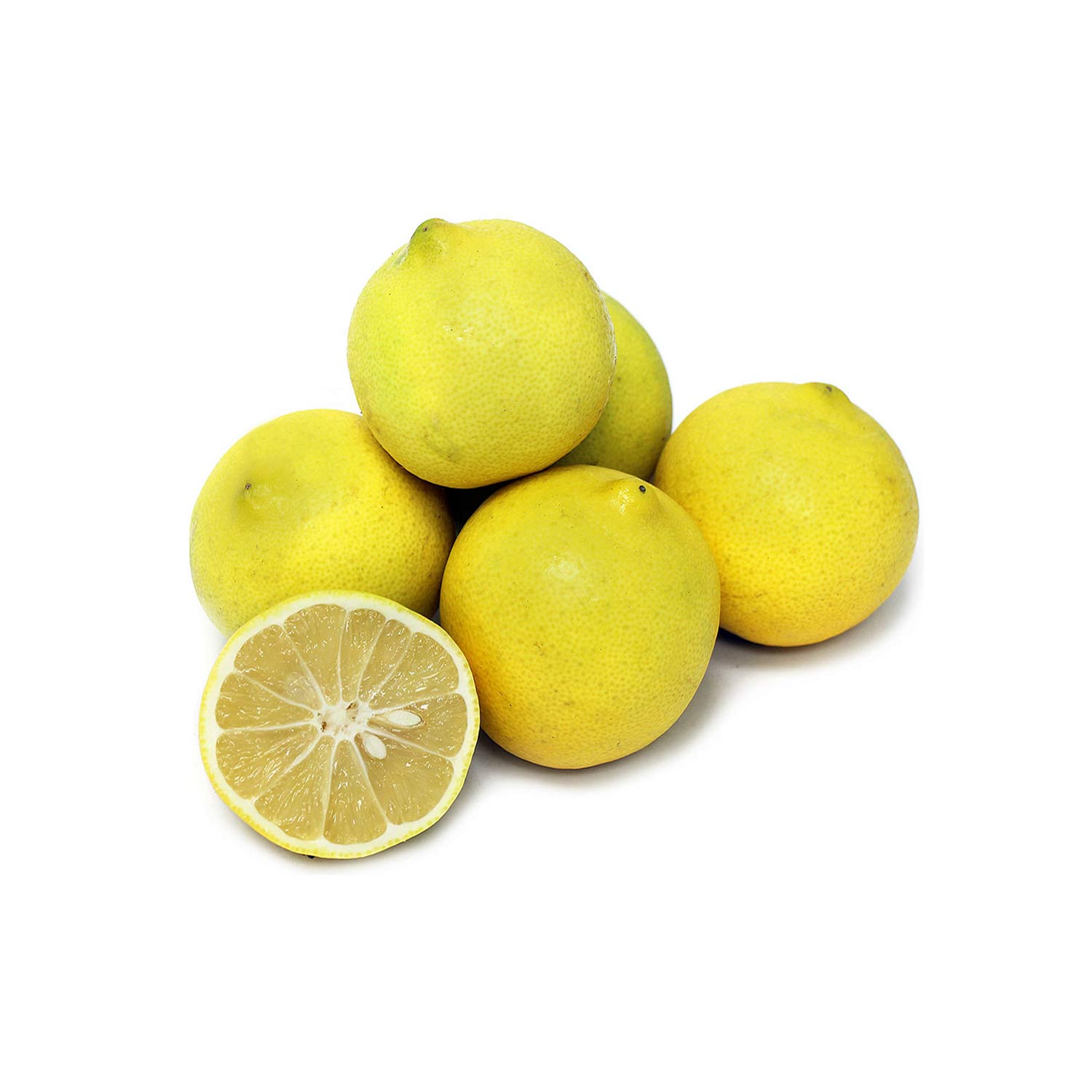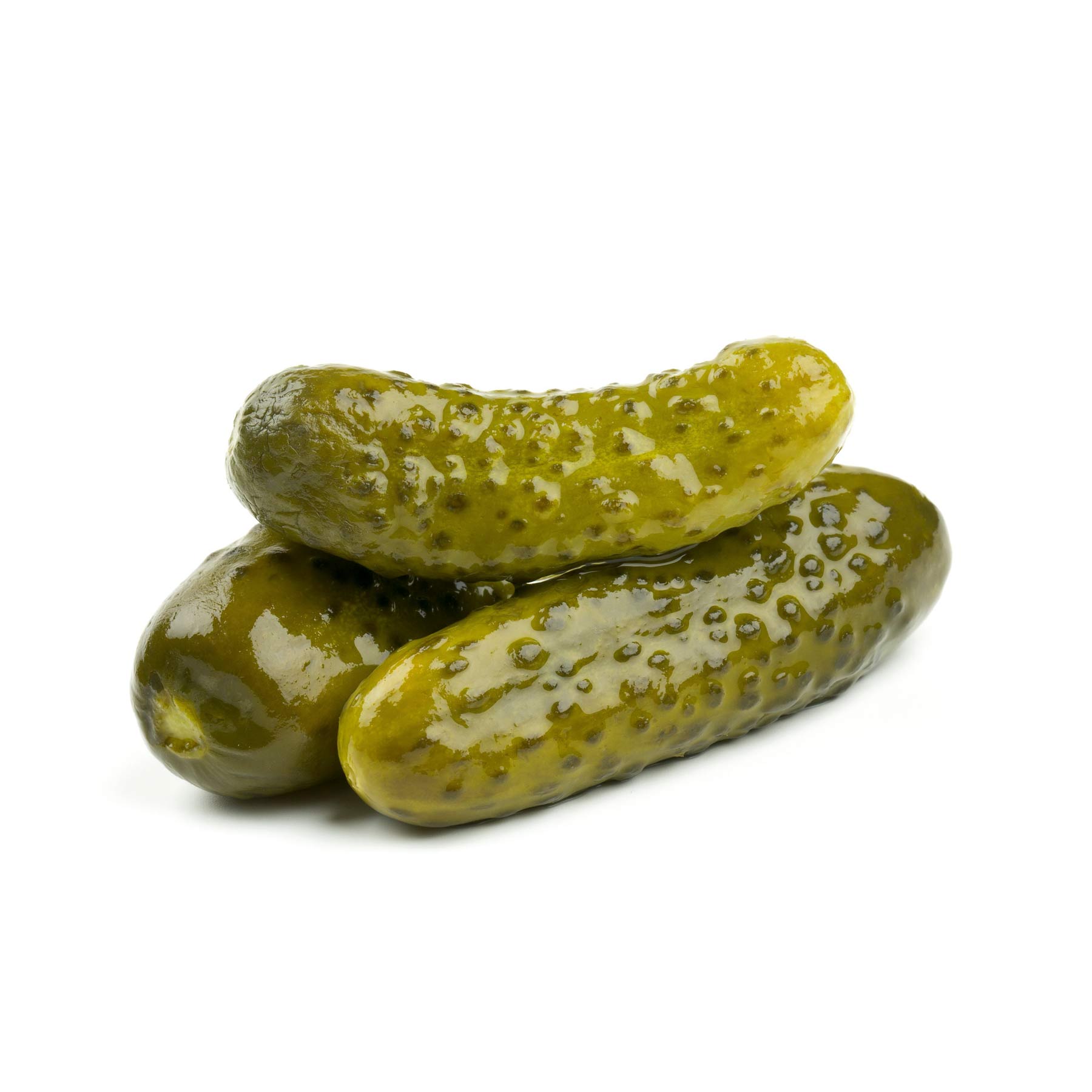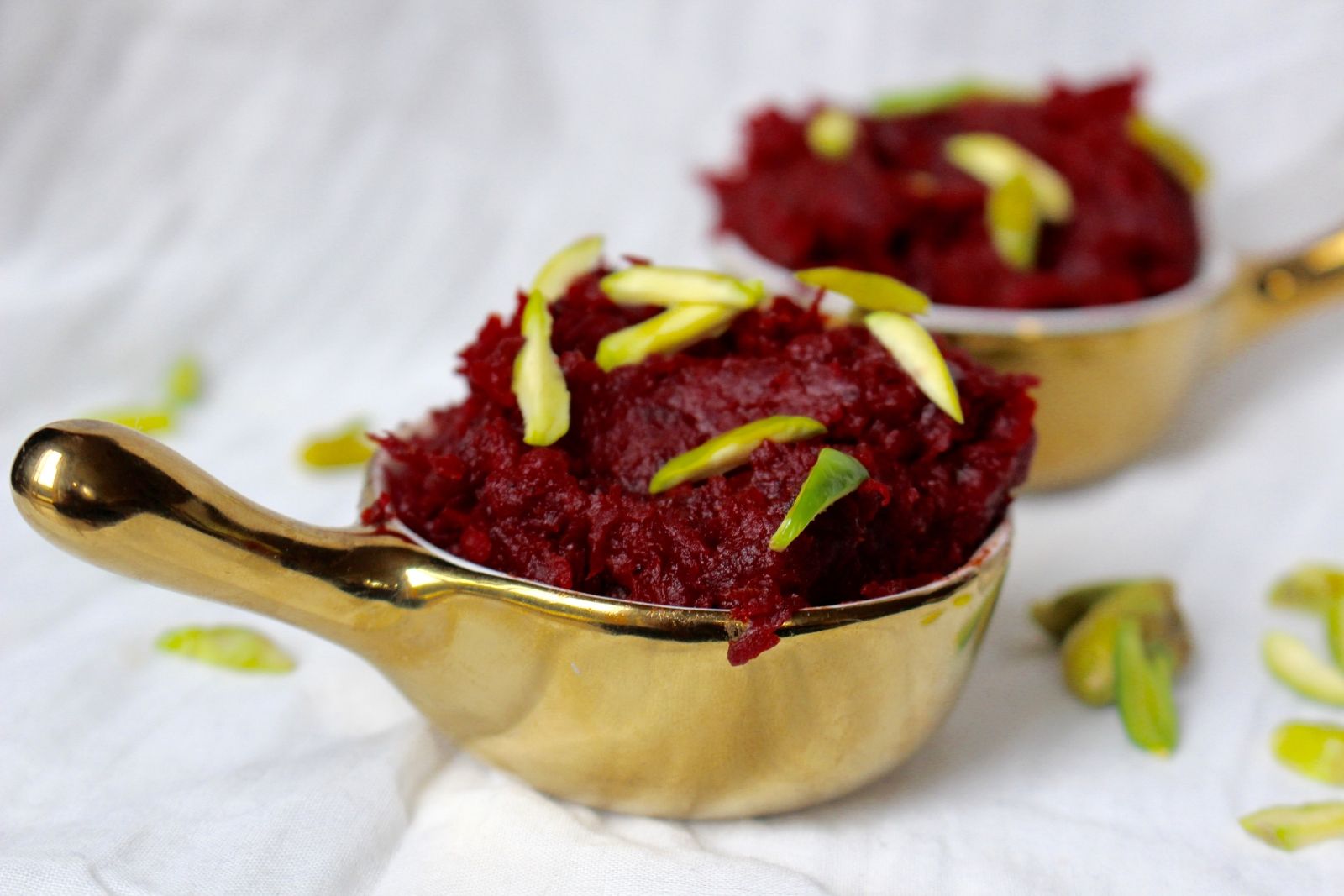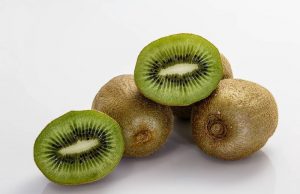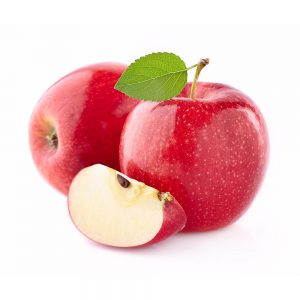Discover the Powerful Benefits of Pomegranate Juice
Are you looking for a delicious and health-packed beverage to boost your wellness? Pomegranate juice is an exceptional choice, offering a plethora of health benefits wrapped in a sweet and tangy flavor. Packed with antioxidants, vitamins, and essential nutrients, pomegranate juice can enhance your overall health while delighting your taste buds. Let’s explore the incredible advantages of adding pomegranate juice to your daily diet.
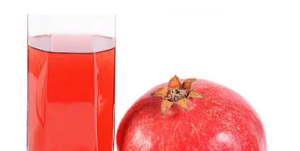

Nutritional Powerhouse of Pomegranate Juice
Pomegranate juice is more than just a tasty drink; it’s a nutritional powerhouse that supports various aspects of your health. Here’s why this vibrant juice deserves a spot in your kitchen:
Rich in Antioxidants for Cellular Protection
Pomegranate juice is loaded with antioxidants, particularly polyphenols, and flavonoids, which help combat oxidative stress and reduce inflammation in the body. These powerful antioxidants play a vital role in protecting your cells from damage, potentially lowering the risk of chronic diseases such as heart disease and cancer. Regular consumption of pomegranate juice can help maintain cellular health and longevity.
Drinking pomegranate juice can have a positive impact on your cardiovascular health. Studies have shown that pomegranate juice may help lower blood pressure, reduce bad cholesterol levels, and improve overall heart function. The antioxidants in pomegranate juice also promote healthy blood flow, making it an excellent choice for heart health. Including pomegranate juice in your diet can support a healthy heart and cardiovascular system.
Boosts Immune Function
Packed with Vitamin C, pomegranate juice is a fantastic way to support your immune system. Vitamin C is known for its immune-boosting properties, helping your body fend off illnesses and infections. Additionally, the anti-inflammatory properties of pomegranate juice contribute to overall immune health, making it an excellent addition to your diet, especially during cold and flu season.
Delicious Ways to Incorporate Pomegranate Juice
Pomegranate juice is incredibly versatile and can be enjoyed in various ways. Here are some delicious ideas to incorporate this nutritious juice into your daily routine:
Refreshing Beverage
Enjoy pomegranate juice as a refreshing drink on its own. Whether served chilled or mixed with sparkling water, its sweet and tangy flavor makes for a delightful treat any time of day. It’s a perfect beverage to serve at parties or family gatherings, providing a sophisticated yet healthy option for your guests.
Smoothie Booster
Enhance your smoothies with a splash of pomegranate juice. Its vibrant flavor pairs well with fruits like bananas, berries, and spinach, adding a nutritional boost to your morning routine. Just blend your favorite fruits with a cup of pomegranate juice for a delicious and healthful breakfast or snack.
Salad Dressing and Marinade
Use pomegranate juice as a base for homemade salad dressings or marinades. Its natural sweetness and acidity add a unique flavor to salads, while the antioxidants can enhance the nutritional value of your dishes. Combine pomegranate juice with olive oil, vinegar, and your favorite herbs for a tasty dressing that complements any salad.
Choosing the Best Pomegranate Juice
To reap the full benefits of pomegranate juice, selecting a high-quality product is crucial. Here’s what to look for:
- 100% Pure Pomegranate Juice: Choose juice labeled as 100% pure pomegranate juice, ensuring that it contains no added sugars, artificial flavors, or preservatives. This guarantees you receive all the natural nutrients and antioxidants without unnecessary additives.
- Organic Options: Opt for organic pomegranate juice to avoid pesticides and chemicals commonly used in conventional farming. Organic juices often offer a richer flavor and higher nutrient content.
- Cold-Pressed Varieties: For the best taste and maximum health benefits, consider cold-pressed pomegranate juice. This method preserves the juice’s nutrients and antioxidants, ensuring you get the most out of every sip.
A Flavorful Guide
Sweet lemons, also known as Citrus limon, are a delightful alternative to traditional sour lemons. Their sweet and refreshing taste makes them perfect for various culinary uses, from juices to desserts. In this article, we will explore the best sweet lemon varieties, highlighting their unique flavors and characteristics.



What Are Sweet Lemons?
Sweet lemons are a type of citrus fruit known for their low acidity and sweet flavor. Unlike standard lemons, which are often tart and zesty, sweet lemons provide a pleasant sweetness that can enhance many dishes. These lemons are rich in vitamins and minerals, making them not only delicious but also nutritious.
Top Sweet Lemon Varieties
1. Meyer Lemon
Meyer lemons are one of the most popular sweet lemon varieties. They are a hybrid between a regular lemon and a mandarin orange, which gives them a unique flavor profile. Here’s why they stand out:
- Flavor: Meyer lemons have a sweeter, less acidic taste than traditional lemons, making them perfect for desserts and marinades.
- Appearance: These lemons are smaller, rounder, and have a deep yellow to orange hue.
- Uses: Ideal for lemonade, salad dressings, and pastries, Meyer lemons add a refreshing twist to any recipe.
2. Ponderosa Lemon
The Ponderosa lemon is known for its large size and robust flavor. This variety is a cross between a lemon and a citron. Here are some key features:
- Flavor: While slightly tart, the Ponderosa lemon has a sweet undertone that makes it enjoyable to eat fresh or use in cooking.
- Size: These lemons can grow as large as a grapefruit, making them visually striking.
- Uses: Great for making lemon preserves, marmalades, and as a garnish for cocktails.
3. Sweet Lemon (Citrus limon)
Sweet lemons, sometimes referred to as “sweet limes,” are prized for their distinct flavor and juiciness. Here’s what you need to know:
- Flavor: With a mild sweetness and low acidity, these lemons are excellent for juicing and drinking straight.
- Color: They are typically pale yellow or greenish-yellow when ripe.
- Uses: Commonly used in Indian cuisine for beverages and curries, sweet lemons are versatile in various dishes.
4. Kaffir Lime
While not a traditional sweet lemon, the Kaffir lime is included here for its unique and aromatic leaves, which add depth to many recipes. Here’s why it’s noteworthy:
- Flavor: The fruit itself is quite sour, but the leaves are intensely fragrant and impart a delightful flavor to dishes.
- Appearance: Small and bumpy, Kaffir limes are easily recognizable.
- Uses: The leaves are often used in Thai cooking for soups, salads, and curries, adding a unique zest to dishes.
Fresh Sweet lemon | limoo Shirin
How to Grow Sweet Lemons
If you’re interested in growing sweet lemon varieties, here are some tips:
- Climate: Sweet lemons thrive in warm, sunny climates. They require well-draining soil and plenty of sunlight.
- Watering: Regular watering is essential, but be careful not to overwater, as this can lead to root rot.
- Fertilization: Use a balanced fertilizer during the growing season to promote healthy growth and fruit production.
A Guide to Preserving Freshness
Carrots are a versatile and nutritious vegetable that can be enjoyed in a variety of dishes. If you find yourself with an abundance of fresh carrots, you might wonder: can you freeze carrots? The good news is that freezing is an excellent way to preserve the freshness, flavor, and nutritional value of carrots. In this article, we’ll explore the best methods for freezing carrots, the benefits of freezing, and tips for using frozen carrots in your cooking.



Why Freeze Carrots?
Freezing carrots is a practical solution for extending their shelf life and reducing food waste. Fresh carrots can last only a week or two in the refrigerator, but freezing them allows you to store them for 6 to 12 months. By freezing carrots, you can enjoy their sweet flavor and crunch long after the harvest season.
Benefits of Freezing Carrots
Freezing carrots comes with several benefits that make it a smart choice for home cooks and health enthusiasts alike.
Nutritional Retention
When frozen properly, carrots retain their nutritional value. Freezing helps lock in vitamins and minerals, such as vitamin A, vitamin K, and potassium. This means you can enjoy the health benefits of carrots even months after freezing.
Convenience
Having frozen carrots on hand is incredibly convenient. You can easily toss them into soups, stews, stir-fries, or casseroles straight from the freezer, saving time in meal preparation. This makes it easy to incorporate more vegetables into your diet without the hassle of washing, peeling, and chopping.
How to Freeze Carrots
To successfully freeze carrots, it’s essential to follow a few simple steps. Proper preparation will ensure the best texture and flavor when you’re ready to use them.
Preparing Carrots for Freezing
- Choose Fresh Carrots: Select firm, fresh carrots without any blemishes or soft spots. Organic carrots are a great choice as they are free from pesticides.
- Wash and Peel: Rinse the carrots under cold water to remove any dirt. Peel them using a vegetable peeler if desired.
- Cut into Desired Sizes: Cut the carrots into uniform sizes, depending on how you plan to use them. You can slice them into rounds, julienne them, or leave them whole if they are small.
Blanching Carrots
Blanching is a crucial step in preserving the quality of frozen carrots. Here’s how to do it:
- Boil Water: Fill a large pot with water and bring it to a boil.
- Blanch Carrots: Add the prepared carrots to the boiling water and cook for 2-5 minutes, depending on their size. This process helps preserve color, flavor, and texture.
- Ice Bath: Immediately transfer the blanched carrots to a bowl of ice water to stop the cooking process. Let them sit for about 5 minutes.
Freezing Carrots
- Drain and Dry: After the ice bath, drain the carrots thoroughly and pat them dry with a clean towel to remove excess moisture.
- Package for Freezing: Place the carrots in airtight freezer bags or containers, removing as much air as possible to prevent freezer burn. Label the bags with the date for easy tracking.
- Freeze: Lay the bags flat in the freezer for efficient storage. Once frozen, you can stand the bags up or stack them.
How to Use Frozen Carrots
Using frozen carrots in your meals is simple and convenient. Here are some tips:
Cooking with Frozen Carrots
- No Need to Thaw: You can add frozen carrots directly to soups, stews, and casseroles without thawing them first. This will help retain their texture and flavor.
- Stir-Frying: For stir-fries, cook frozen carrots over medium-high heat for about 5-7 minutes until they are heated through.
- Benefits of Carrot Juice
Making Carrot Puree
Frozen carrots can also be blended into a puree for soups or baby food. Simply steam or boil them until tender, then blend until smooth.
Are Pickles Good for You? Exploring the Health Benefits and Considerations
Pickles, a popular snack and condiment around the world, are often debated for their health benefits. Made by fermenting cucumbers in brine or vinegar, pickles have a unique flavor and a range of potential health benefits. But are pickles good for you? In this article, we’ll dive into the nutritional value of pickles, their health benefits, and some considerations to keep in mind.
What Are Pickles?
Pickles are cucumbers that have been preserved in a solution of salt, water, and sometimes vinegar. The fermentation process not only gives them their tangy taste but also adds beneficial bacteria, particularly in naturally fermented varieties. Pickle can vary widely in their nutritional content based on how they are prepared.
Health Benefits of Pickles
Pickles, particularly those made through natural fermentation, can offer several health benefits. They are low in calories, rich in certain vitamins and minerals, and can even contribute to gut health.
Probiotic Powerhouse
One of the key benefits of naturally fermented pickle is their probiotic content. Probiotics are beneficial bacteria that support a healthy gut microbiome, which is crucial for digestion, immune function, and overall well-being.
Supporting Gut Health
The probiotics in pickle help maintain the balance of good bacteria in your gut, which can aid in digestion and reduce the risk of gastrointestinal issues. This can be especially beneficial for those with digestive disorders or those looking to boost their immune system.
Low-Calorie Snack
Pickles are an excellent low-calorie snack option. A single medium-sized pickle typically contains only about 4 calories, making it a guilt-free addition to your diet.
Managing Weight
For those looking to manage their weight, pickle can be a satisfying snack that helps curb hunger without adding significant calories to your diet. They can be a great addition to a balanced diet when consumed in moderation.
Rich in Antioxidants
Pickles contain antioxidants, particularly vitamin C and beta-carotene, which are known for their role in protecting the body from oxidative stress and supporting overall health.
Boosting Immunity
The antioxidants in pickle help neutralize free radicals in the body, reducing the risk of chronic diseases and supporting a healthy immune system. Regular consumption of antioxidant-rich foods, including pickle, can contribute to long-term health benefits.
Considerations When Eating Pickles
While pickle do offer several health benefits, there are also some considerations to keep in mind. The high sodium content and potential for added sugars in some varieties can be a concern for certain individuals.
Watch the Sodium Levels
Pickle are typically high in sodium, with one medium pickle containing about 570 milligrams of sodium, which is roughly 25% of the recommended daily intake. Consuming too much sodium can lead to high blood pressure and other health issues.
Moderation is Key
To enjoy the benefits of pickle without the negative effects of excessive sodium, it’s important to consume them in moderation. Opt for low-sodium varieties if you’re concerned about your salt intake, or enjoy pickle as an occasional treat rather than a daily snack.
Added Sugars in Sweet Pickles
Some pickle, particularly sweet varieties, may contain added sugars. While these pickle can satisfy a sweet tooth, they also add extra calories and can impact blood sugar levels.
Choose Your Pickles Wisely
When shopping for pickle, check the labels for added sugars and opt for options with minimal or no added sugars. This can help you enjoy the health benefits of pickles without unnecessary calories or spikes in blood sugar.
Date kernel powder is healthy nutrition, that is used widely around the world. in this article, we will try to introduce this nutrition completely.
Date kernel powder
Date kernel (seeds), like dates fruits, have numerous benefits and are used to treat and release many diseases also, date seeds, like many other kernels, including avocado kernels, mango kernels, apricot kernels, and apple kernels…, have much nutritional value. Date seed powder is made from burnt or roasted kernels.
This amazing powder contains compounds that are chemically composed of saturated and unsaturated fatty acids, zinc, cadmium, calcium, and potassium. Saturated fatty acids include stearic and palmitic acids, and unsaturated fatty acids include linoleic and oleic acids, which can inhibit the action of the enzyme 5α-Reductase.
Health benefits of Date seeds
Date seeds or a pit have several amazing medicinal properties. It helps to prevent kidney and liver toxicity or damage, is useful in diabetes, is rich in antioxidants, prevents DNA damage, and helps to fight various viral infections. Listed below are a few of the health benefits of using Date seeds.
benefits of date kernel(seeds) :
- Prevent DNA damage
- Useful in treating blood sugar problems
- Antiviral Agents
- Prevent kidney and liver damage
- Antioxidants
- Improves bone health
Date kernel powder prevents DNA damage
According to a study, date seeds have shown defensive effects against chemically induced liver damage and oxidative DNA damage. Date seeds protect liver intoxication, and this hepato-protective effect might be attributed to the antioxidant and free radical scavenging activities.
Useful in treating blood sugar problems
Date seeds are found useful in treating blood sugar-related problems, diabetes, and its related complications. According to recent research date seeds have shown potential protective effects against early diabetic complications of both the liver and kidney.


Antiviral Agents
Date seeds act as antiviral agents against various pathogenic human viruses. It can be useful in the treatment and prevention of many types of viral infections. Research has shown that date pit extracts show a strong ability to prevent the infectivity of Pseudomonas phage ATCC 14209-B1 and completely prevent bacterial lysis.
Date kernel powder prevents kidney and liver damage
Date seeds are rich in proanthocyanidins that help to protect the liver and kidney from damage. A study states that proanthocyanidins-rich date seed extract protects against chemically induced kidney and liver toxicity.
Antioxidants
Date seeds are rich in antioxidants and have antioxidants and free radical scavenging capabilities. It helps to protect the body against oxidative stress damage. In recent research, the antioxidant potential of date seed protein hydrolysates could be used as a potential functional food ingredient for health promotion. Another research found that Iranian date seeds are strong radical scavengers and can be considered a good source of natural antioxidants for medicinal and commercial uses.
Improves bone health
Dates could do wonders for your bone health too. Dates are rich in selenium, manganese, copper, and magnesium, and all of these are required when it comes to keeping our bones healthy and preventing conditions such as osteoporosis.
How to make date seed powder at home for various health benefits?
Wash the date seeds and let them dry completely. It may take up to 3 days to dry, depending on where you live. Once it is dried completely, grind the date seeds and use them in the same manner as coffee beans.
How to make date seed syrup at home?
Wash and soak the date seeds for 24 hours. Grind it with some water.
How to use date seed?
- Some people use date seeds as an additive to coffee.
- Add date syrup into the warm water with lemon and drink as tea or infused water.
- Try to make a healthy bread spread. Just blend date syrup with honey or Jaggery. Use this instead of jam.
- Add date powder to your smoothies or juices.
- Add date palm seed powder to your baking dishes like cookies, cakes, etc.
- Add date syrup while making the salad dressing for extra health benefits.
Facts about apples are provided here as a list of top 8 , we wish you enjoy this article,
Top 8 secret facts about apples are apples poisonous ? be aware that you can contact us to order any kind of apple for export from Iran.
Facts apples
Apple orchards are a booming business
The average size of an apple orchard in the United States is 50 acres. One of the largest and oldest apple orchards in the country is Applecrest Farms in New Hampshire. It has been operated by the same family for four generations and has been in business for over a century. The orchard grows over 40 varieties of apples and other fruits and make standard apple orchard products, including apple cider and apple donuts. The owners also allow the public to pick their own apples and enjoy the surroundings of the orchard.
Apples are related to roses
Apples are part of the Rosaceae family, a medium-sized family that includes 2,830 species of flowering plants. Also included in this family are roses and edible fruits, like pears, apricots, plums, cherries, peaches, raspberries and strawberries. The flowers in this family are known for their beauty, including the apple tree which blooms in the spring. The apple trees are dormant during the winter but as soon as warm weather is detected, the tree begins to produce buds which will eventually flower. If the flower is pollinated by a bee, an apple will begin to grow.
Apples have their own growing rules
Apples are unique in many ways, but apple facts tell us that a tree that produces one certain type of apple might not produce seeds that will grow the same type of apple. In other words, if you plant a seed from apple A, a tree that grows apple B might grow instead. In apple orchards, farmers need to go through a little extra work to make sure that they grow the same type of apple each year by using root stock and then grafting a branch onto it from the specific type of apple tree they want to grow.
A brown apple isn’t necessarily a bad apple
If you slice an apple and leave the pieces out long enough, they will begin to turn an unappetizing shade of brown. Many people won’t eat a brown apple because they believe it is rotten, but the truth is that the apple has simply gone through an oxidation process. The inside of an apple changes when it is exposed to air, but the fruit does not spoil this quickly. To keep sliced apples looking more appealing, you can spritz lemon juice on the surface. To keep whole apples from spoiling too soon, store them in the refrigerator.
Apples and gravity
Everyone knows about the story of Isaac Newton and how an apple falling on his head lead to the discovery of gravity. Many simply assume that the story is made up though and was only popularized to help explain gravity. But apple facts tell us that recently discovered documents reveal comments made by Newton himself. They state that he was out in the orchard and witnessed several apples falling and it made him question why they always fell in the same way. This led him to research and hypothesize, leading to the discovery of gravity.


Apples can poison you
While apple facts do tell us that an apple can kill you, the chances of it happening are very, very slim. Apple pips, small and hard seeds in the fruit, do contain a bit of cyanide. However, it is a very small amount and the shell is so hard that the human body can’t break it down enough to allow the cyanide to escape. In the rare case that it is broken through, the amount of cyanide is so small that the body would not be affected. You would have to eat a large amount of apple pips and have them all break down in your system to be hurt by the cyanide.
Lopsided apples
If an apple has fewer seeds on one side than the other, it will be lopsided. These apples are still delicious to eat and can be fun to see, but often orchards toss them aside due to imperfection. Check imperfect produce bins at local produce stores or orchards, and you might find a few lopsided apples to take home for less! ,Top 8 secret facts about apples are apples poisonous ?
Brief apples facts
- Apple sare also said to symbolize health, love and fertility.
- Apples were popular in ancient Greece and Rome and were a sign of opulence.
- The most famous saying involving apples is, “An apple a day keeps the doctor away.”
- In Norse mythology, the goddess of youth, Idun was believed to grow magic apples that kept the gods youthful.
- The largest apple ever weighed 1.849 kgand was grown and picked by Chisato Iwasaki at his apple farm in Hirosaki City, Japan October 24 2005.
- Apples float in waterbecause they are 25% air.
- The apple genomewas decoded in 2010.
- The most expensive apple in the world is Sekai Ichi apple it cost $21.00 each. Sekai ichi means “world’s number one” in Japanese.
- To produce one apple, it takes energy from 50 leaves.
- Apples can help you improve your memory.
- Life expectancyfor apple tree is about 100 years.
- The apple treegenerally standing 8 to 4.6 meters (6 to 15 feet) tall in cultivation and up to 12 meters (39 ft) in the wild.
- Apple trees take4 to 5 years to produce their first fruit.
- There are more than 8,000 varietiesof apples – the largest variety of fruit to exist.
- The apple tree originatedin Central Asia. They have been grown for thousands of years in Asia and Europe, and were brought to North America by European colonists.
- Don’t peel your apple. Two-thirds of the fiber and lots of antioxidants are found in the peel. Antioxidants help to reduce damage to cells, which can trigger some diseases.
- Apples ripen six to ten times faster at room temperature than if they were refrigerated.
- Two pounds of apples make one 9-inch pie.
- Apples are fat, sodium, and cholesterol free.
- The science of apple growing is called pomology.
- Apple trees take four to five years to produce their first fruit.
Iranian nectarine is introduced in this article, here we have provided nectarine types , its buyers and facts . you can order nectarine for export by contacting us.
Iranian nectarine
Nectarine is a type of peach fruit. It is a hairless peach and is sweeter than peaches and has a higher sugar or brix than peaches. Iranian nectarine , Nectarines, like peaches, probably originated in China over 2,000 years ago and were cultivated in ancient Persia, Greece and Rome. They were grown in Great Britain in the late 16th or early 17th centuries, and were introduced to America by the Spanish.
Most cultivation in Iran
- Tehran province
- Alborz Province
- Hamedan
- Kurdistan
- North khorasan and ….
Nectarine Due to its high sugar content, it has a short shelf life, it has a shorter shelf life than fruits such as apples.
Top buyers of nectarine fruits in Iran :
Russia, Iraq, Pakistan, Turkey, Thailand, India and the neighboring countries of the Persian Gulf. Iran ranks seventh in the production of Nectarine and peach fruit.
14 secrets facts of nectarine
- Help Prevent Cancer
- Have Anti-Diabetic Properties
- Aid Weight Loss
- Offer Antioxidant Defense
- Prevent Hypokalemia
- Regulate Blood Pressure Levels
- Improve Heart Health
- Enhance Digestive Health
- Lower Cholesterol Levels
- Improve Immunity And Fight Infections
- Enhance Skin Health
- Enhance Cell Health
- Improve Eye Health
- Helps Prevent Anemia
Different types of Iranian nectarines :
- Shams Nectarine (Sun Nectarine): Blooming early and has a high sugar content, it is not very suitable for export.
- Nectarine (Shabrang Nectarine)
- Donut Nectarines
- Stark Sunglo Nectarine
- Moghan Nectarine: The largest amount of exports of this type of nectarine.
What is the difference between peaches and nectarines ?
- The nectarine is actually a type of peach, except that it has a smooth skin compared to a peach’s velvety one. Basically, one tiny recessive gene keeps it from being a peach.
- The nectarine has a more vivid color (between a bright red and yellow color) and it is usually smaller.
- Peaches originated in China.
- In California in the 1940s and ’50s, nectarines were bred to be heartier than earlier varieties and became more available to the general public.
- A peach’s signature skin has a protective layer of fuzz and is often removed before making jams or baking into pies as it can get tough when cooked.
- nectarines were bred to be heartier than earlier varieties and became more available to the general public, In California in the 1940s and ’50s .
- Both types of stone fruit (a classification that includes cherries and plums) are delicious raw, whether in a salad or simply eaten out of hand, standing over the sink.
- Whichever you try, take a sniff when choosing: the tastiest fruit should have an intense sweet smell. Ripe fruit gives slightly with gentle pressure. Look for pink-blushed creamy white to red-blush yellow skin and avoid any with soft spots or an overtly greenish tinge near the stem.
- Iran fresh fruit company
Updated 2024
Apple nutrition facts are provided here for you because we wish nothing but a healthy and happy life for you.
apple nutrition
Apples are one of the most popular in the world.
They’re an exceptionally healthy fruit with many research-backed benefits.
A medium apple with a diameter of about 3 inches (7.6 centimeters) equals 1.5 cups of fruit. Two cups of fruit daily are recommended on a 2,000-calorie diet.
One medium apple 6.4 ounces or 182 grams offers the following nutrients
- Calories:95
- Carbs:25 grams
- Fiber:4 grams
- Vitamin C:14% of the Reference Daily Intake (RDI)
- Potassium:6% of the RDI
- Vitamin K:5% of the RDI
What’s more, the same serving provides 2–4% of the RDI for manganese, copper, and the vitamins A, E, B1, B2, and B6.
Apples are also a rich source of polyphenols. While nutrition labels don’t list these plant compounds, they’re likely responsible for many of the health benefits. To get the most out of apples, leave the skin on it contains half of the fiber and many of the polyphenols.
Carbs of apples
Apples are mainly composed of carbs and water. They’re rich in simple sugars, such as fructose, sucrose, and glucose. Despite their high carb and sugar contents, their glycemic index (GI) is low, ranging from 29–44. The GI is a measure of how food affects the rise in blood sugar levels after eating. Low values are associated with various health benefits. Due to their high fiber and polyphenol counts, fruits often have a low GI score.
Fiber in apples
Apples are very rich in fiber. A single medium-sized apple (100 grams) contains about 4 grams of this nutrient, which is 17% of the daily value. A portion of their fiber comes from insoluble and soluble fibers called pectin. Soluble fiber is associated with numerous health benefits, partly because it feeds the friendly bacteria in your gut. Fiber may also help improve fullness and cause weight loss while lowering blood sugar levels and boosting digestive function.


Vitamins and minerals in apples
Apples boast many vitamins and minerals, though not in high amounts. However, apples are usually a good source of vitamin C.
- Vitamin C: Also called ascorbic acid, this vitamin is a common antioxidant in fruits. It’s an essential dietary nutrient that has many important functions in your body.
- Potassium: The main mineral in apples, potassium may benefit heart health when consumed in high amounts.
Apples are not particularly rich in vitamins and minerals. However, they contain decent amounts of both vitamin C and potassium.
Other nutrition in apples
- Quercetin: A nutrient that also occurs in many plant foods, quercetin may have anti-inflammatory, antiviral, anticancer, and antidepressant effects, according to animal studies.
- Catechin: A natural antioxidant, catechin is also present in large amounts in green tea and has been shown to improve brain and muscle function in animal studies.
- Chlorogenic acid: Also found in coffee, chlorogenic acid has been found to lower blood sugar and cause weight loss in some studies.
Apples are a good source of several antioxidants, including quercetin, catechin, and chlorogenic acid. These plant compounds are responsible for many of apples’ benefits.

